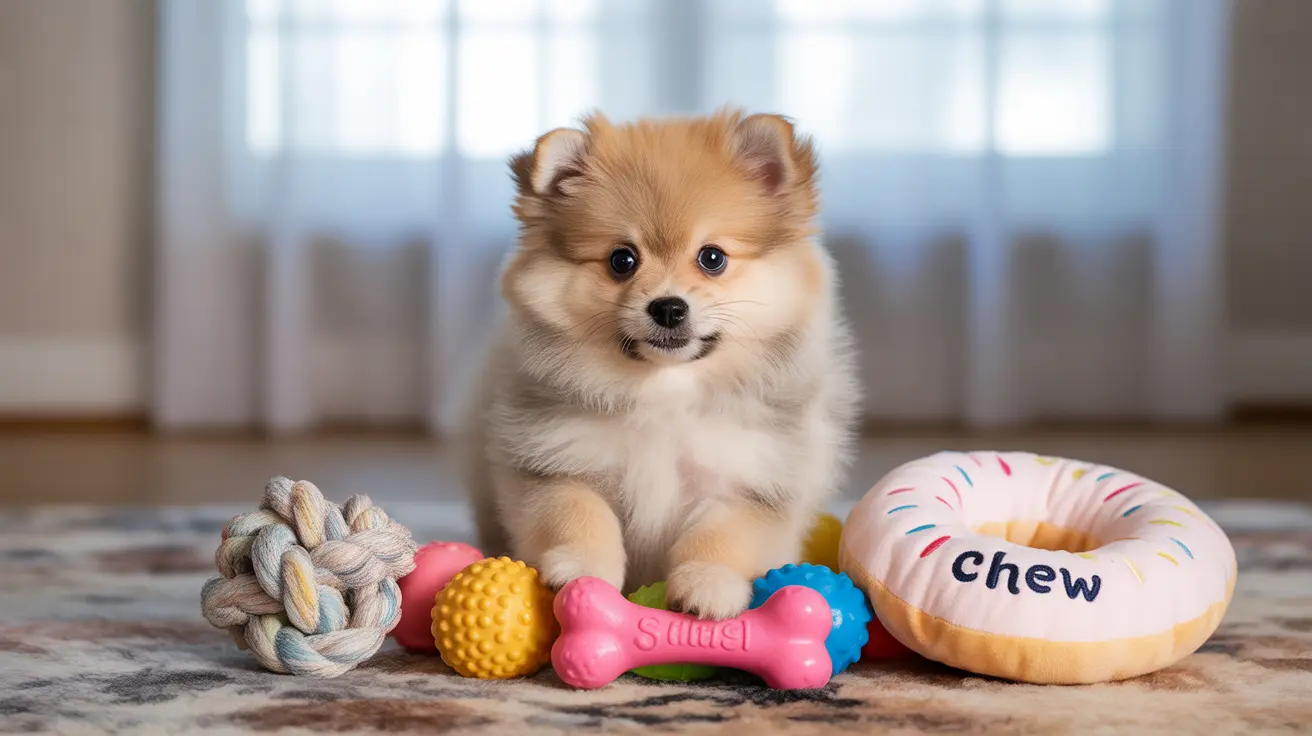Bringing home a new puppy is an exciting adventure, but being properly prepared is crucial for a smooth transition. This comprehensive new puppy supplies checklist will ensure you have everything needed to welcome your four-legged family member and set them up for success from day one.
From essential items like food and bedding to training tools and safety equipment, we'll cover all the supplies you'll need to create a safe, comfortable environment for your new puppy. Let's break down these must-have items into easy-to-follow categories.
Essential Care Supplies
Start with these fundamental items that every puppy needs for basic care and comfort:
- High-quality puppy food appropriate for your pup's age and breed
- Stainless steel or ceramic food and water bowls
- Comfortable, size-appropriate dog bed
- Adjustable collar with ID tags
- 6-foot leash for walks and training
- Appropriately sized crate or carrier
- Puppy pads for house training
Health and Grooming Necessities
Maintaining your puppy's health and hygiene requires specific supplies:
- Puppy-specific shampoo and conditioner
- Brush appropriate for your puppy's coat type
- Nail clippers designed for puppies
- Dog toothbrush and pet-safe toothpaste
- First aid kit for pets
- Flea and tick prevention (as recommended by your vet)
Training and Enrichment Tools
Support your puppy's development with these training essentials:
- Various textured chew toys for teething
- Puzzle toys for mental stimulation
- Training treats (small and easily digestible)
- Treat pouch for training sessions
- Clicker for positive reinforcement training
- Long training lead for outdoor practice
Home Safety and Management
Create a secure environment with these safety supplies:
- Pet gates for restricted areas
- Enzymatic cleaner for accidents
- Puppy-proofing supplies (cord covers, cabinet locks)
- Exercise pen for supervised play
- Non-toxic deterrent spray
- Waste bags and outdoor cleanup tools
Comfort and Bonding Items
Help your puppy feel secure with these comfort items:
- Soft plush toys for cuddling
- Heartbeat simulator toy
- Blanket with familiar scent
- Interactive toys for bonding
- Cooling mat for warm weather
- Anxiety-reducing aids if needed
Frequently Asked Questions
What are the essential supplies I need to set up a new puppy checklist, and how do I prioritize them?
Focus first on immediate needs: food, water bowls, bed, crate, collar with ID, leash, and puppy pads. Secondary items include grooming supplies, toys, and training tools. Prioritize based on your puppy's daily routine needs.
How do I choose the right size and type of crate for my new puppy to ensure comfort and safety?
Select a crate that's large enough for your puppy to stand, turn around, and lie down comfortably. Consider your puppy's adult size and look for options with dividers that can be adjusted as they grow. The crate should be well-ventilated and sturdy.
What are some effective ways to puppy-proof my home to prevent accidents and damage?
Remove or secure loose wires, toxic plants, and small objects. Install baby gates, use cord covers, and secure cabinet doors. Place cleaning supplies and medications out of reach. Consider your puppy's perspective by getting down to their level to spot potential hazards.
How can I use puzzle toys and training treats to stimulate my puppy mentally and support their development?
Introduce puzzle toys gradually, starting with simple designs. Use small, healthy treats in training toys to reward problem-solving. Rotate toys regularly to maintain interest and increase difficulty as your puppy masters each level.
What are the most important health supplies I should have for my new puppy, and how often should I schedule veterinary checkups?
Keep a pet first aid kit, flea/tick prevention, and grooming supplies on hand. Schedule vaccinations every 3-4 weeks until 16 weeks old, then follow your vet's recommended schedule for check-ups, typically every 6-12 months for healthy adult dogs.
Remember that this checklist serves as a foundation for puppy care, but individual needs may vary based on breed, age, and lifestyle. Consult with your veterinarian for personalized recommendations and adjust your supplies as your puppy grows and develops.






